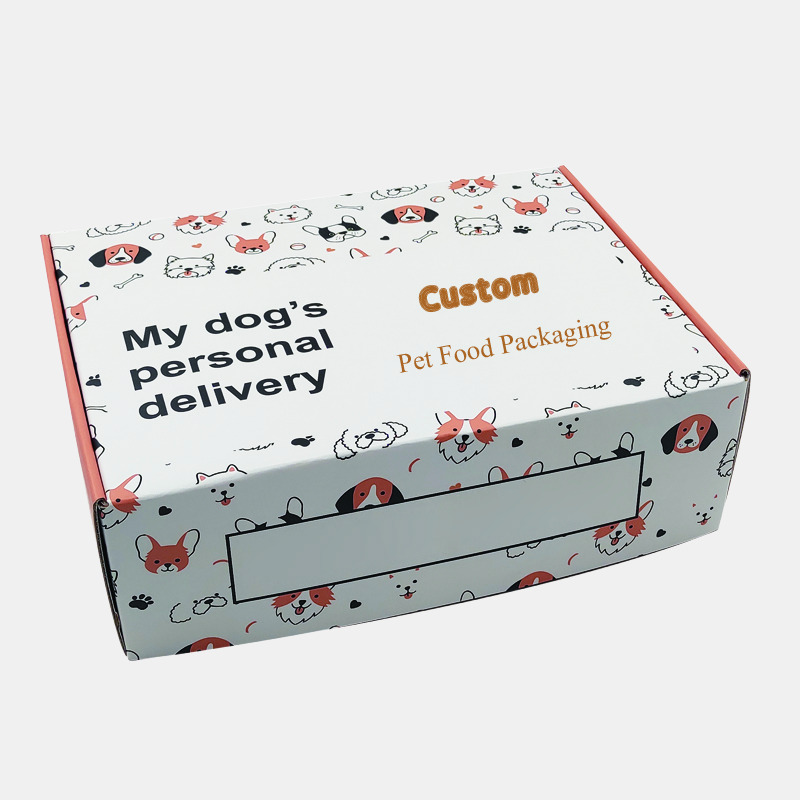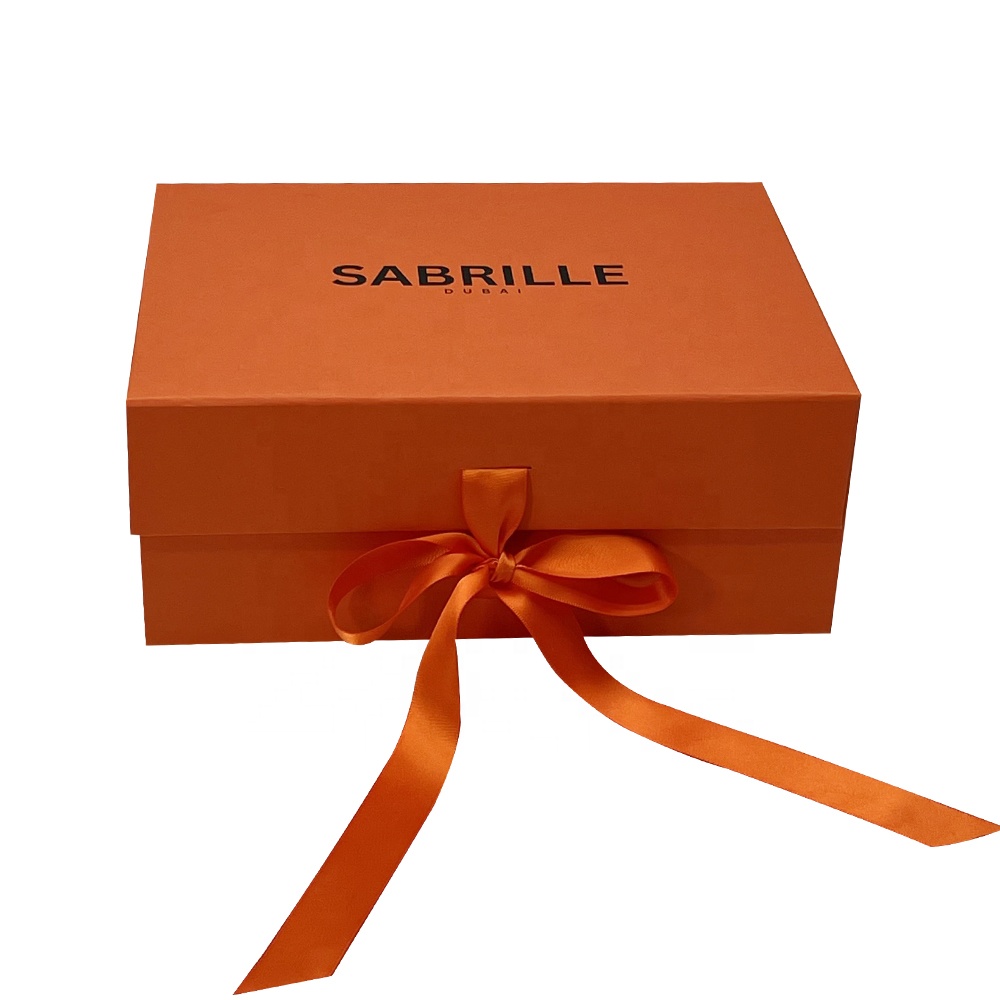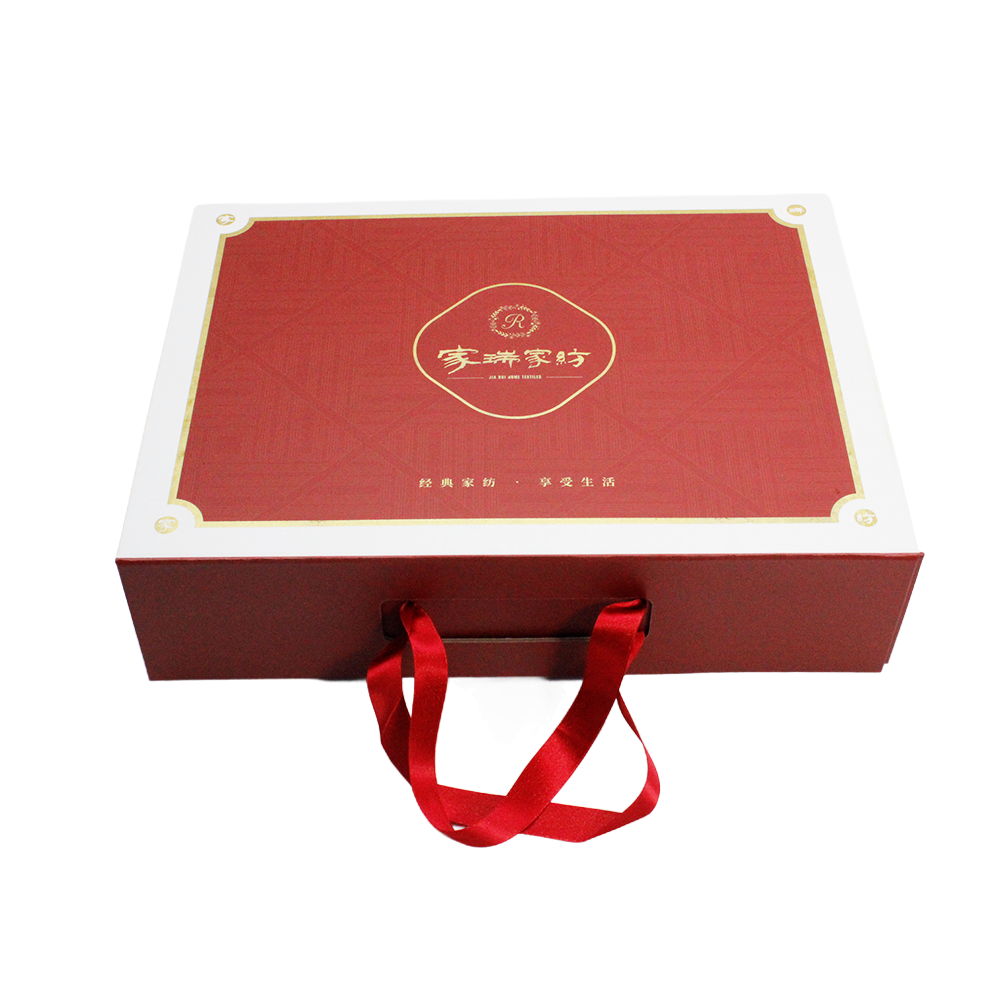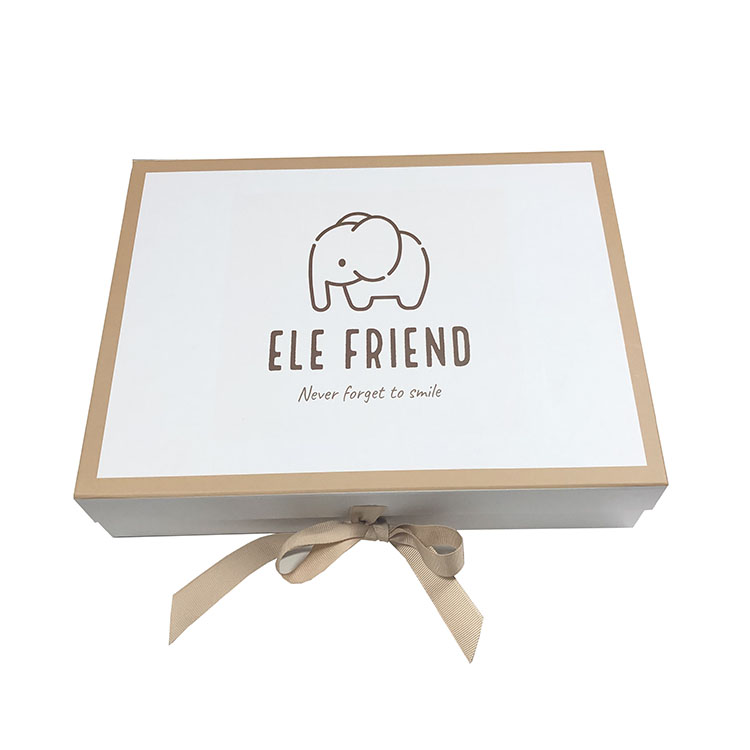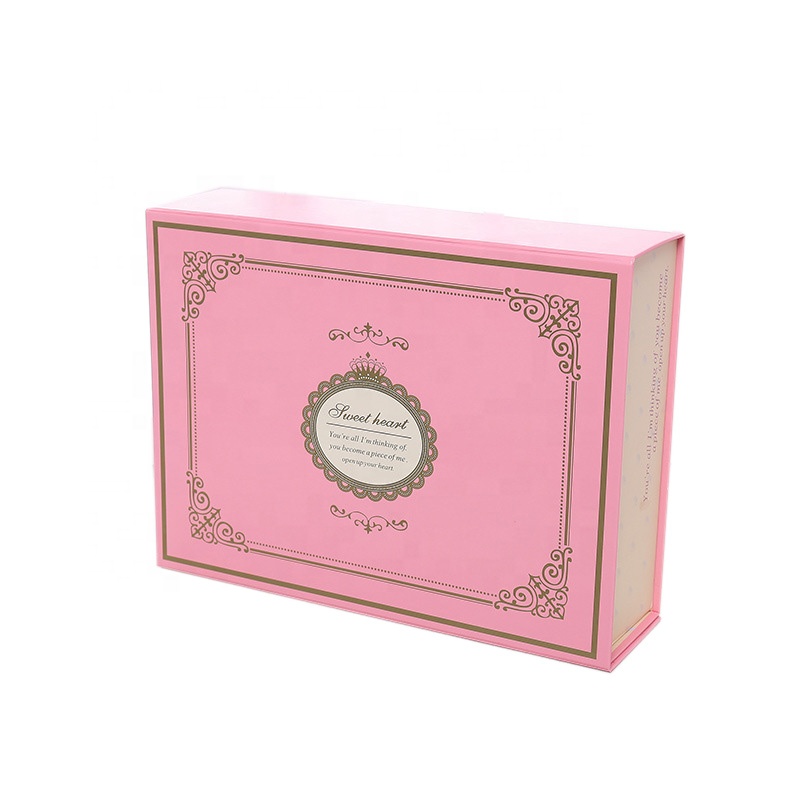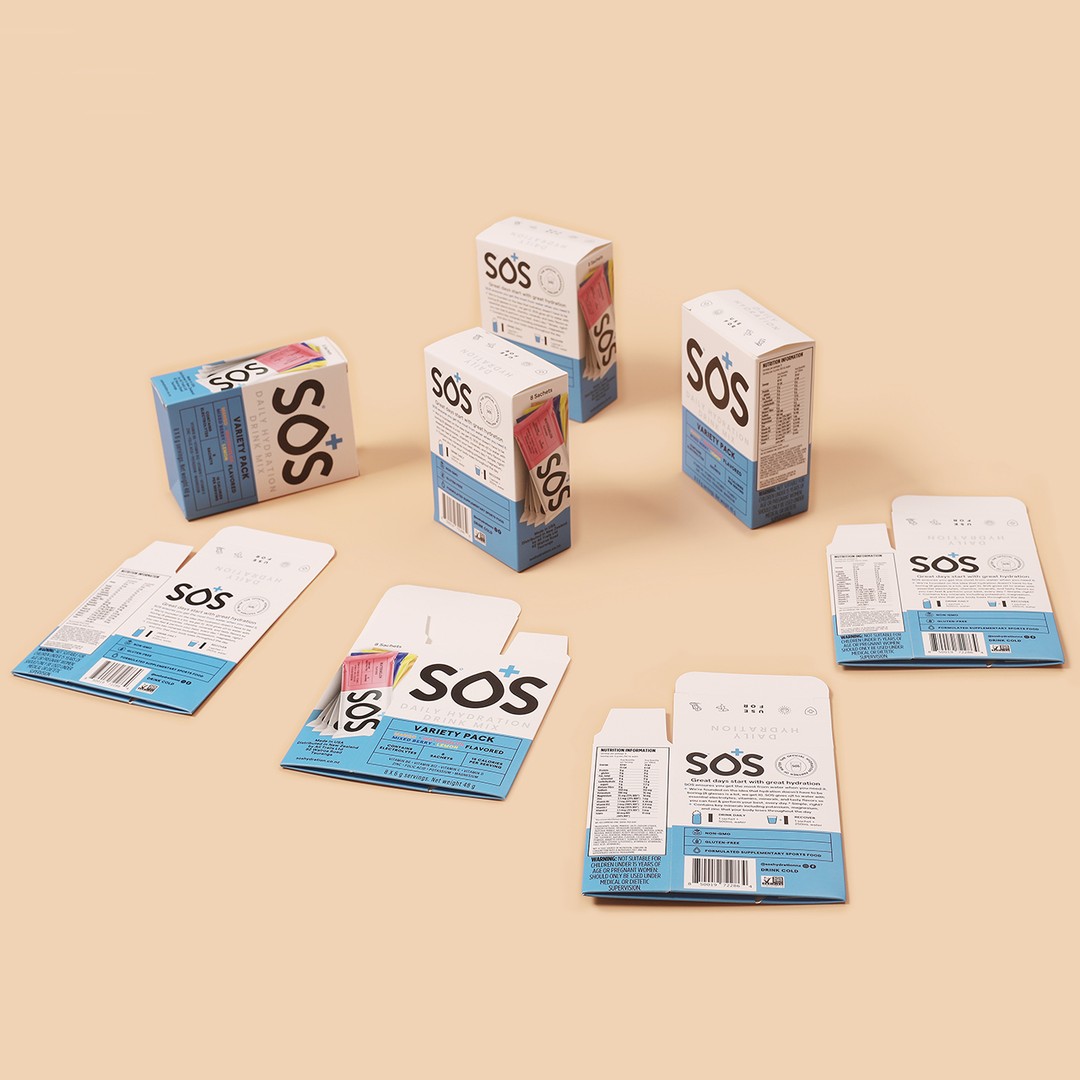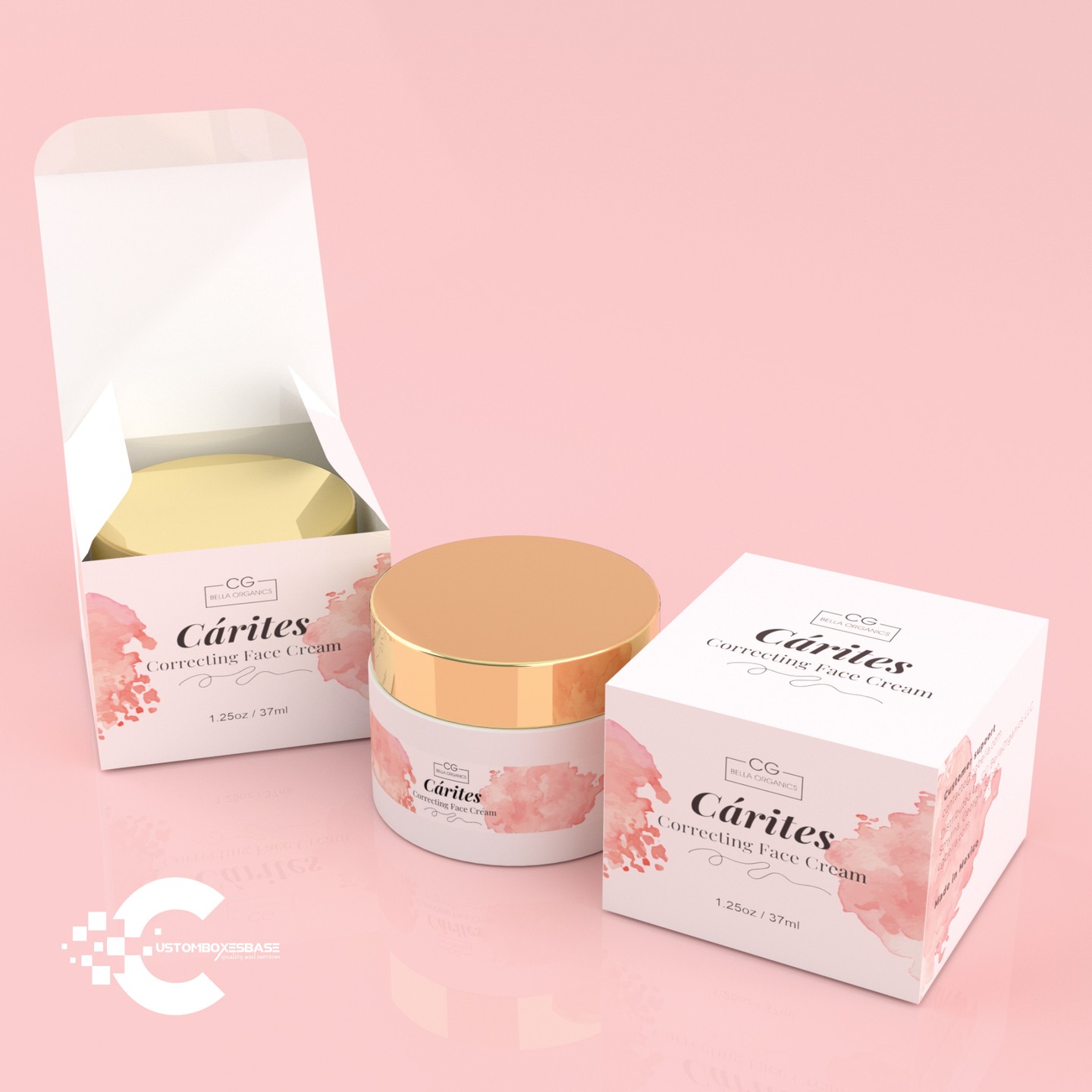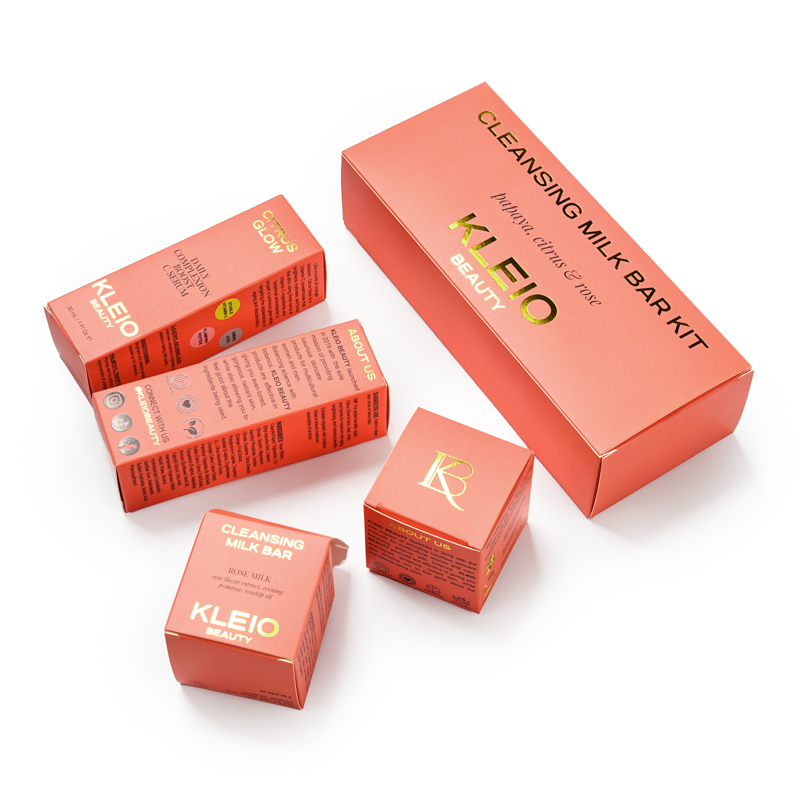目次
The rise of e-commerce has dramatically changed the way consumers shop. In 2024, the U.S. saw an incredible $290 billion in retail eCommerce sales, with 20.1% of retail purchases happening online. This rapid growth presents new challenges for businesses, especially when it comes to packaging and shipping. As online shopping continues to surge, ensuring that products are shipped safely and efficiently is more important than ever. However, this growth in shipping volumes also contributes to a rise in packaging waste, which has become a significant environmental concern.
Consumers are increasingly aware of the environmental impact of packaging, with 89% of them believing that it is the responsibility of brands to reduce their environmental footprint. This has led to a growing demand for sustainable packaging solutions. From reducing plastic waste to adopting recyclable alternatives, the packaging choices made by e-commerce brands have a direct impact on both product safety and environmental responsibility.
In this article, we will explore seven sustainable and effective packaging solutions that can help e-commerce businesses reduce waste, protect their products during shipping, and boost brand image by prioritizing sustainability. Whether you’re shipping fragile items or looking for eco-friendly void fillers, these options offer great alternatives to traditional plastic-based packaging.
1. Custom Box Dividers & Inserts: Secure Your Products
Custom box dividers and inserts are an excellent way to organize and protect products during shipping. These inserts can be made from various materials, such as corrugated cardboard or foam, and are designed to prevent products from moving inside the packaging. The primary benefit of these custom inserts is that they keep products safe from potential damage caused by shifting during transit.
For example, if you’re shipping multiple small items like electronics, beauty products, or fragile home goods, custom dividers can be used to keep each item separated. Corrugated inserts offer extra cushioning and durability, making them perfect for heavier or delicate items. These inserts not only ensure protection but also improve the overall unboxing experience by adding an organized and professional look to your packaging.
For a more sustainable approach, using paper-based dividers or inserts made from recyclable cardboard can offer the same level of protection as traditional materials, with the added benefit of being biodegradable. You can also include custom branding or product information on these inserts, helping to reinforce your brand’s message and creating a memorable unboxing experience.
2. Paper-Based Void Fillers: Minimize Waste and Maximize Protection
Void fillers play a crucial role in preventing items from shifting inside their boxes. Traditionally, plastic air pillows or packaging peanuts were used to fill empty spaces, but these options contribute significantly to waste. As consumers and brands become more eco-conscious, paper-based void fillers are gaining popularity as a sustainable alternative.
Shredded paper is one of the most commonly used options for void filling. Not only does it help to secure products during shipping, but it’s also fully recyclable and biodegradable. Another option is using paper-based tissue fillers, which can be used to fill spaces while also providing a gentle, protective layer to prevent damage. Additionally, paper-based fillers are versatile and can be easily customized to fit any packaging size or shape.
For a mess-free solution, brands can opt for ornament shred, which is shredded paper that stays together in one piece. This reduces the mess associated with traditional shredded materials while still offering effective cushioning for products. These paper-based options align with sustainability goals and help brands reduce their environmental impact without sacrificing product protection.
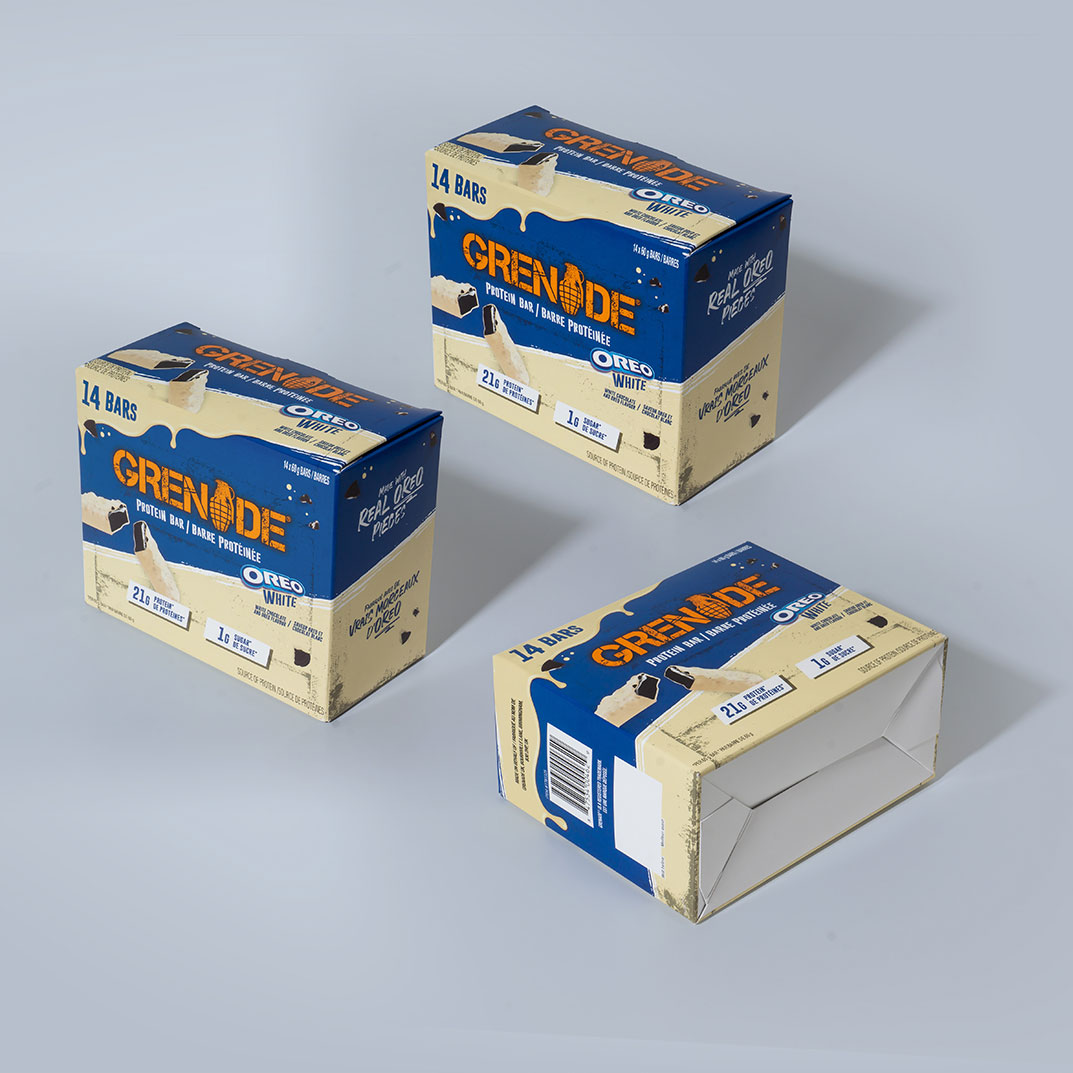
3. Paper-Based Bubble Wrap Alternatives: Eco-Friendly Protection for Fragile Items
When shipping fragile products, such as glassware, cosmetics, or electronics, bubble wrap has been the go-to protective solution. However, as plastic waste becomes a growing concern, many brands are turning to paper-based alternatives to provide the same level of protection.
Greenwrap, a sustainable packaging material, is one of the most popular alternatives to traditional bubble wrap. This paper-based material is formed into hexagonal structures that provide excellent insulation and shock absorption, making it ideal for protecting fragile items during shipping. It’s fully recyclable, biodegradable, and offers a sustainable alternative without compromising on product safety.
Another eco-friendly option is the Flexi-Hex air sleeve, which utilizes the same hexagonal technology but is designed as a sleeve that easily slips over products, providing both protection and ease of use. Similarly, corrugated bubble wrap uses layers of corrugated paper to create a cushioning effect. These alternatives not only protect your products but also align with eco-friendly packaging practices that are becoming increasingly important to consumers.
4. Tissue Paper: Protective and Elegant Packaging Solution
Tissue paper is an excellent and sustainable alternative to plastic packaging. This material is lightweight, protective, and can be used to wrap products to prevent dust, scratches, and other minor damage during transit. Custom tissue paper adds an extra layer of branding and luxury to the unboxing experience, making it perfect for premium products or gifts.
Custom-printed tissue paper can be used to highlight your brand’s logo or product details, adding a personal touch to each order. It also helps create a refined, high-end feel for your packaging, which can elevate the overall customer experience. Tissue paper is fully recyclable and biodegradable, making it an eco-friendly option for brands looking to reduce their environmental impact.
In addition to its protective qualities, tissue paper offers a high level of versatility. It can be easily molded to fit various product shapes and sizes, making it a flexible and cost-effective solution for different types of packaging.
5. Sustainable Corrugated Packaging: Strong and Recyclable
Corrugated packaging is a popular choice for shipping products due to its strength and durability. It is made from layers of cardboard that are laminated together to form a thick, rigid material that can withstand rough handling during transit. Best of all, corrugated packaging is 91.4% recyclable, making it one of the most sustainable options available.
For e-commerce brands, corrugated packaging solutions like mailer boxes offer a practical, eco-friendly option for shipping. These boxes can be custom-designed to fit your product perfectly, reducing the need for additional fillers or protection. By using corrugated boxes, brands can minimize packaging waste and improve shipping efficiency while providing strong protection for their products.
Corrugated boxes are available in various sizes and configurations, including options for easy folding and sealing. They can be printed with your branding and other important information, giving your packaging a professional look while reducing the environmental impact of excess plastic waste.
6. Smart Packaging: Enhance Customer Experience with Technology
As technology continues to advance, so does the potential for creating smarter, more interactive packaging. Smart packaging uses technologies like QR codes, NFC tags, and sensors to engage customers and provide more detailed product information.
For example, brands can incorporate QR codes into their packaging to offer customers quick access to product details, usage instructions, or recycling information. NFC tags can be used to verify product authenticity, while sensors can track the condition of the product during transit, providing valuable data to both the brand and the consumer.
Smart packaging allows brands to deliver a more personalized and immersive unboxing experience. It also enhances the overall sustainability of packaging by providing transparency on recycling practices and the environmental impact of packaging materials.
7. The Benefits of Minimalist Packaging Design
Minimalist packaging design is becoming increasingly popular as brands strive to create simple, elegant, and functional packaging. This design philosophy focuses on using fewer materials and less packaging, which not only reduces waste but also enhances the visual appeal of the product.
Minimalist packaging can be achieved through the use of clean lines, simple typography, and a reduced color palette. By eliminating excess materials and focusing on the essentials, brands can create packaging that is both sustainable and visually appealing. This approach not only helps reduce waste but also positions the product as premium and sophisticated.
In addition to being environmentally friendly, minimalist packaging can help streamline the production process, reducing costs and improving efficiency. By reducing the complexity of packaging designs, brands can also save time and money on production, while still offering an exceptional unboxing experience.
よくある質問
1. What is the best eco-friendly packaging material for fragile products?
For fragile products, eco-friendly materials like Greenwrap, Flexi-Hex air sleeves, or foam inserts made from recycled materials offer excellent protection. These materials provide cushioning and shock absorption while being fully recyclable and biodegradable.
2. How can I reduce packaging waste in my e-commerce business?
You can reduce packaging waste by opting for sustainable materials such as corrugated cardboard, paper-based void fillers, and tissue paper. Additionally, using minimalist packaging designs and ensuring that your packaging is recyclable will further reduce waste.
3. Can smart packaging help my business become more sustainable?
Yes, smart packaging can enhance sustainability by providing consumers with recycling instructions, product details, and sustainability information through QR codes or NFC tags. This transparency helps consumers make informed decisions about the product’s environmental impact and improves recycling rates.
終わりに
The packaging choices you make for your e-commerce business play a critical role in not only protecting your products but also in reducing your environmental impact. By choosing eco-friendly packaging solutions like paper-based fillers, corrugated boxes, and sustainable alternatives to bubble wrap, you can significantly reduce waste and promote a greener, more sustainable future.
Moreover, minimalist designs, custom box inserts, and smart packaging technologies provide additional opportunities to enhance the customer experience while improving the efficiency of your packaging process. As consumer demand for sustainable products continues to rise, businesses must prioritize environmentally friendly packaging solutions that meet both consumer expectations and sustainability goals.
By embracing these packaging solutions, your business can reduce its carbon footprint, enhance customer satisfaction, and set itself apart as a leader in the eco-conscious movement within the e-commerce industry. Start exploring these sustainable packaging options today and take the next step in building a greener, more responsible brand.

